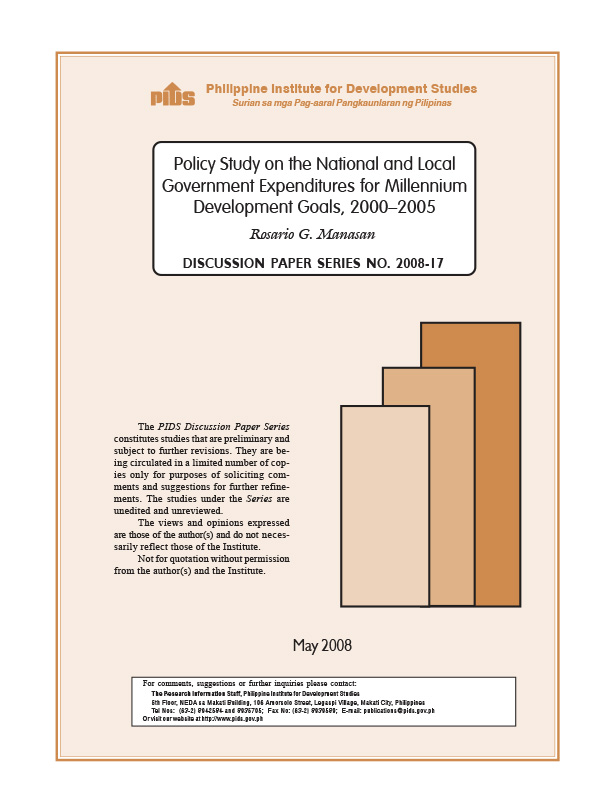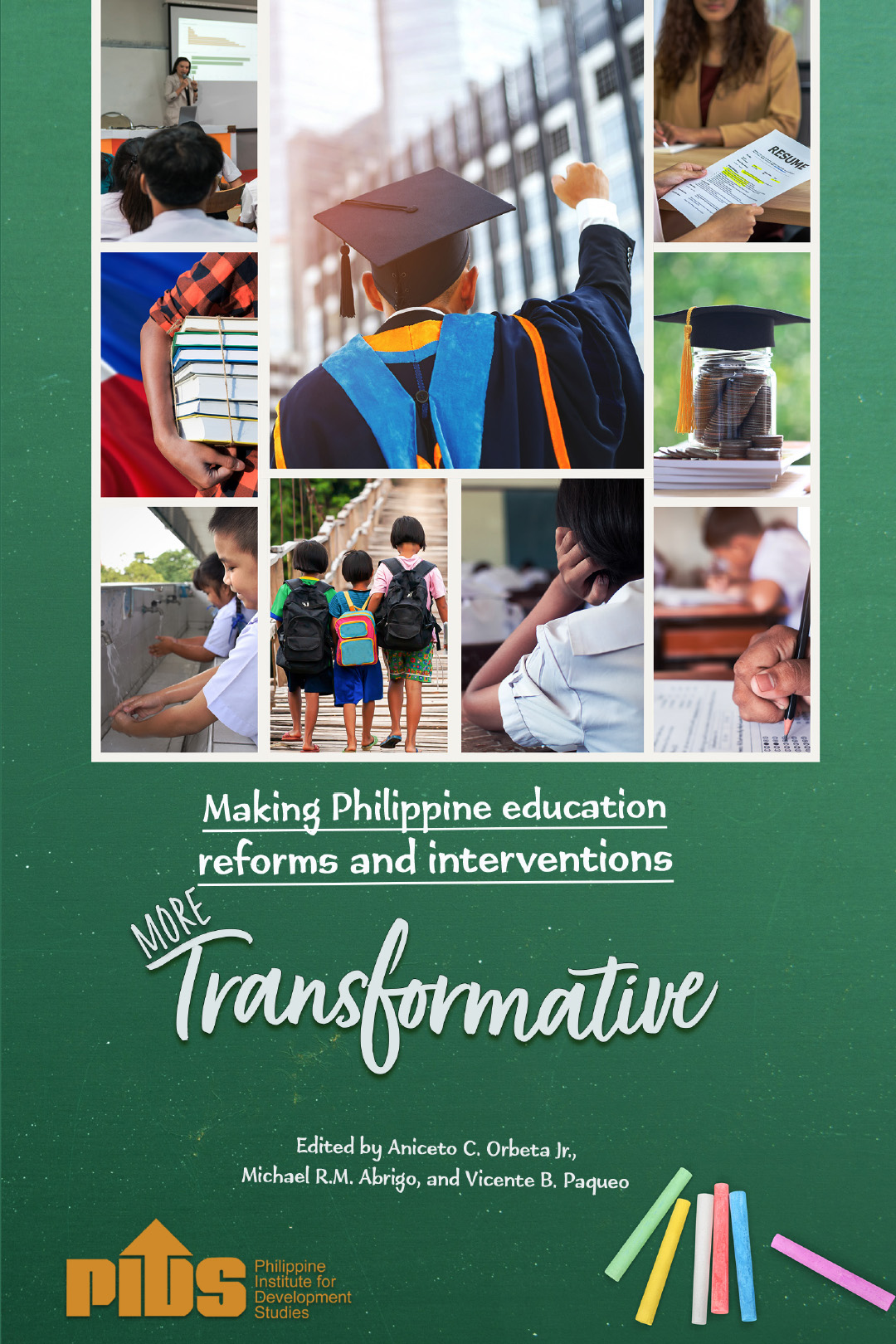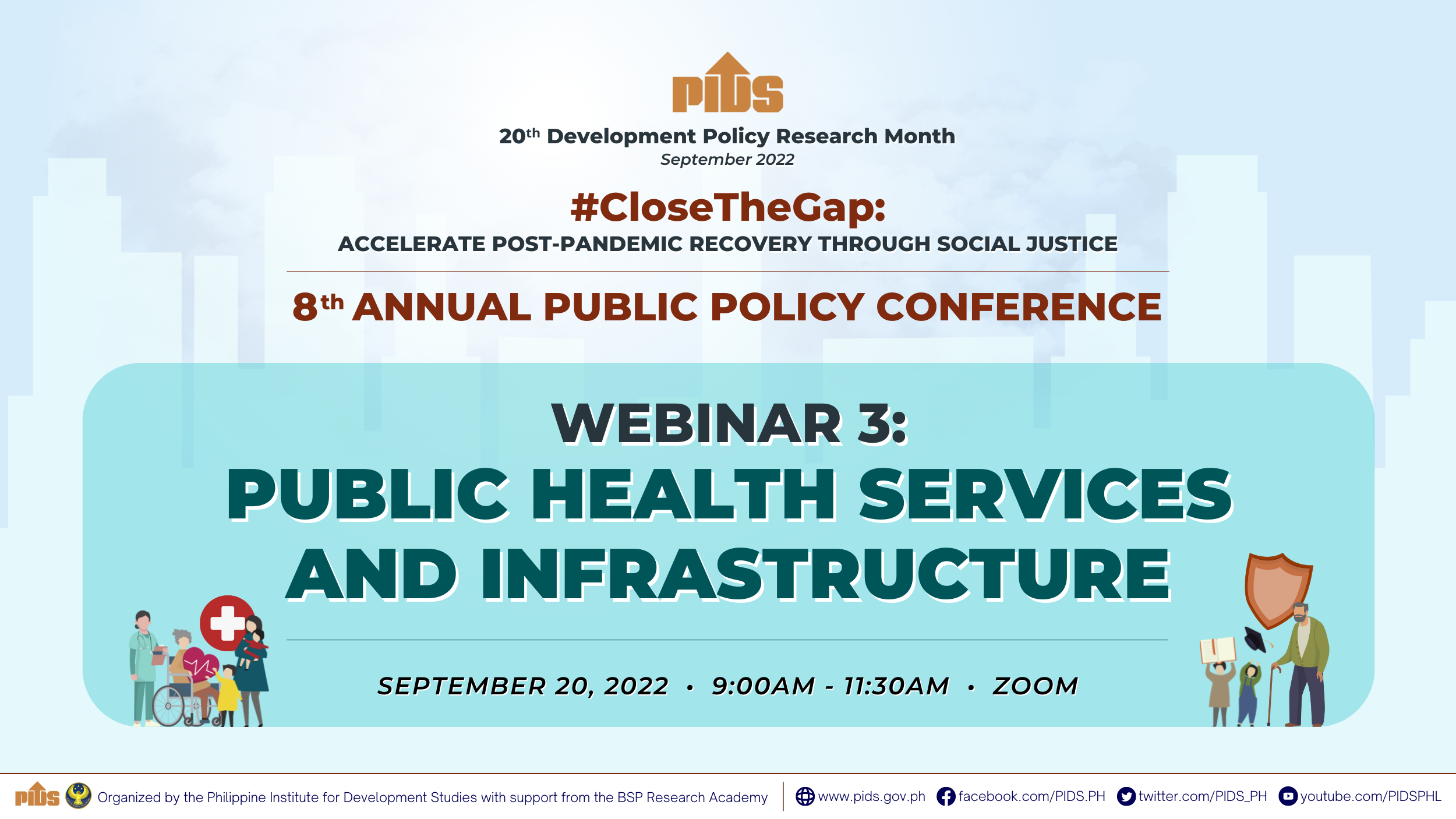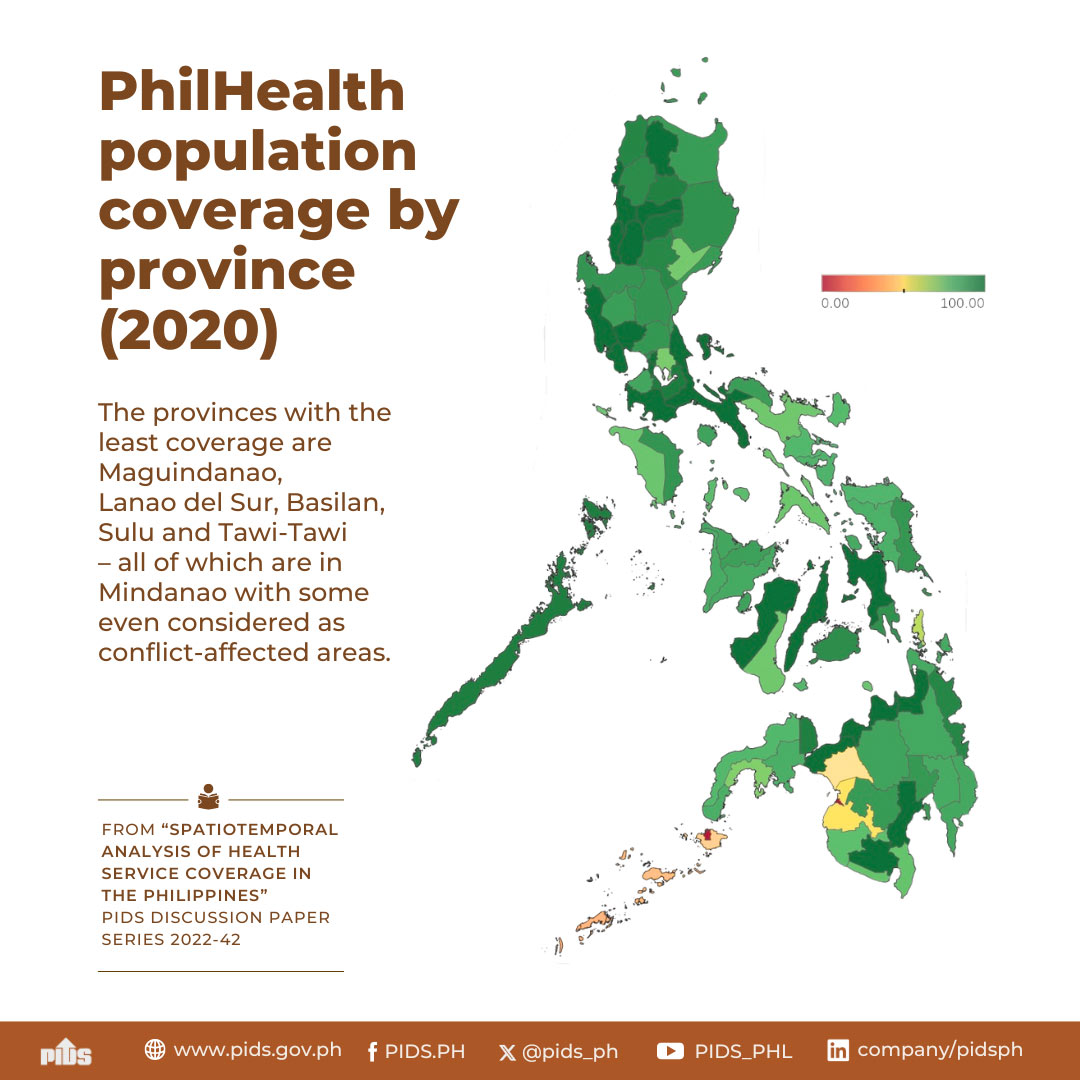In line with the commitment of the Philippine government to adopt the Millennium Declaration, there have been efforts geared toward the achievement of the millennium development goals (MDGs) particularly the specific targets set for each of the eight MDGs. The MDGs include eradication of extreme poverty and hunger; universal primary education; gender equality and women empowerment; reduction of child mortality; improvement of maternal health; control of HIV/AIDS, malaria, and other diseases; environmental sustainability; and global partnership for development. The country has to do better in certain aspects of all of the seven quantifiable goals, namely: Goal 1 (poverty and hunger), Goal 2 (education), Goal 3 (gender equality), Goal 5 (maternal health), Goal 6 (control of communicable diseases), and Goal 7 (environmental sustainability). In this regard, it is critical that the Philippines exercises greater vigilance and exerts increased effort in addressing the requirements of achieving the MDGs. The study aims to support this initiative by tracking and analyzing the trend in MDG expenditures of both the central and local governments. It specifically attempts to analyze trends on MDG expenditures of the national and local governments, including ODA commitments for the period 2000-2005; relate the trends in MDG expenditures with human development outcomes and related outputs/services; and recommend policy actions on how to a) increase government revenues in the aggregate, b) increase the allocation of resources for MDG-related programs and projects by improving both intersectoral and intrasectoral allocation, and c) identify ways of increasing the efficiency and effectiveness of the delivery of MDG-related programs.













